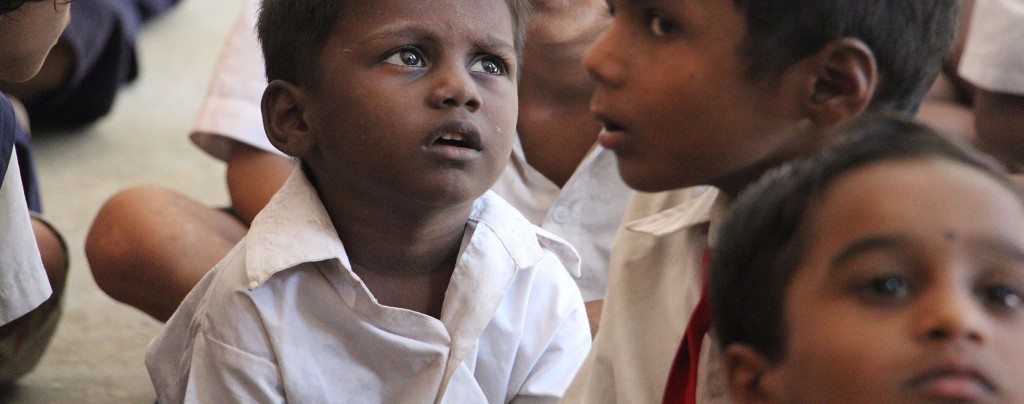India is a country of scale. Together, we suffer at scale, celebrate at scale, attempt to resolve and solve at scale. Across the country, the larger issues of poverty, illiteracy, corruption and such other evils thrive at scale. It is only logical that when we attempt resolving such issues, solutions be crafted for scale.
It is heartening to see the focus on scalable solutions sharpening over the last decade. There is a growing population of social leaders supported by progressive donors who are looking to move the needle. They attack a social evil in its magnitude and are not satisfied with working relentlessly for years in limited geographies with a limited population.
Agastya International Foundation, Kaivalya Education Foundation, Teach for India, are some of the programmes crafted for magnitude. There is deep admiration for their leaders, and their determination to strategically move towards goals.
India is a country of diversity. We grow amidst diverse communities, celebrate diverse cultures, and our problems, even though similar across geographies and cultures, are nuanced to multiple local issues. Poverty, illiteracy, corruption are spread across the country, but local religions, customs, social hierarchies, governments give new dimensions to the same problems.
There has been a significant population of social leaders who have worked relentlessly in limited geographies with a limited population. They have wanted to move the needle and attack social evils, but not at magnitude.
Born out of necessity these organizations are mostly reactions to social evils by ordinary individuals and evolve over a period of time. Like a Mamoon Akhtar who as a child living in the slums of Tikiapara, Kolkata, could not forget the deep humiliation when expelled from an English medium school for non-payment of fees. As a young man with a Government job barely making ends meet, he started with teaching six children in his home. Today Samaritan Help Mission is schooling almost 3,000 children with one basic mission:- every child in Tikiapara must get access to good education.
Or a Shradha Shringarpure, all of 21, sent as part of a student group by her college, Nirmala Niketan, to identify causes of malnutrition related deaths of children in Jawhar, Thane district. She could not walk away from what she saw, and almost 8 years later today is running an excellent community integration program called AROEHAN in the same area addressing the core issue of malnutrition through smart interventions in health, water, livelihoods, education and governance.
Many such niche programs are run all across India by individuals of high integrity, deep commitment and humble ambitions. They think of national interest but not of nationwide impact. But they do think of impacting lives in their universe in the most relevant manner possible.
Scale is good. And in a country like India, where almost no problem comes in small sizes, scale is critical. Coverage can help us overcome a problem so much faster. It converts an initiative into a movement, helps attract national focus and propels growth faster than we can imagine. But it is worrisome that many of us have slowly but surely, begun looking down at niche and local initiatives.
All solutions cannot scale, but that does not render them irrelevant. There is a necessity of initiatives that are local; run for the people and by the people. Celebrated for being humanitarian, they are now called charitable or philanthropic.
Small has its own place, its own relevance. One size can fit many, but not all. And India with all its similarities and diversities needs a collective of the large and small, rural and urban, technology based and people led solutions to overcome even a small portion of the big problem pie. We have thrived with our similarities and diversities. And now, more than ever before, we cannot forget that what works for a community cannot be irrelevant because it does not work for a million people.

Naghma Mulla is the COO, EdelGive Foundation the philanthropic arm of Edelweiss Group. She spearheads its three verticals- Investments & Programmes, Fundraising & Partnerships and Employee Engagement. She is intensely involved with the Capacity Building Model wherein she works towards sourcing high quality solutions.
Views of the author are personal and do not necessarily represent the website’s views.
Thank you for reading the story until the very end. We appreciate the time you have given us. In addition, your thoughts and inputs will genuinely make a difference to us. Please do drop in a line and help us do better.
Regards,
The CSR Journal Team


